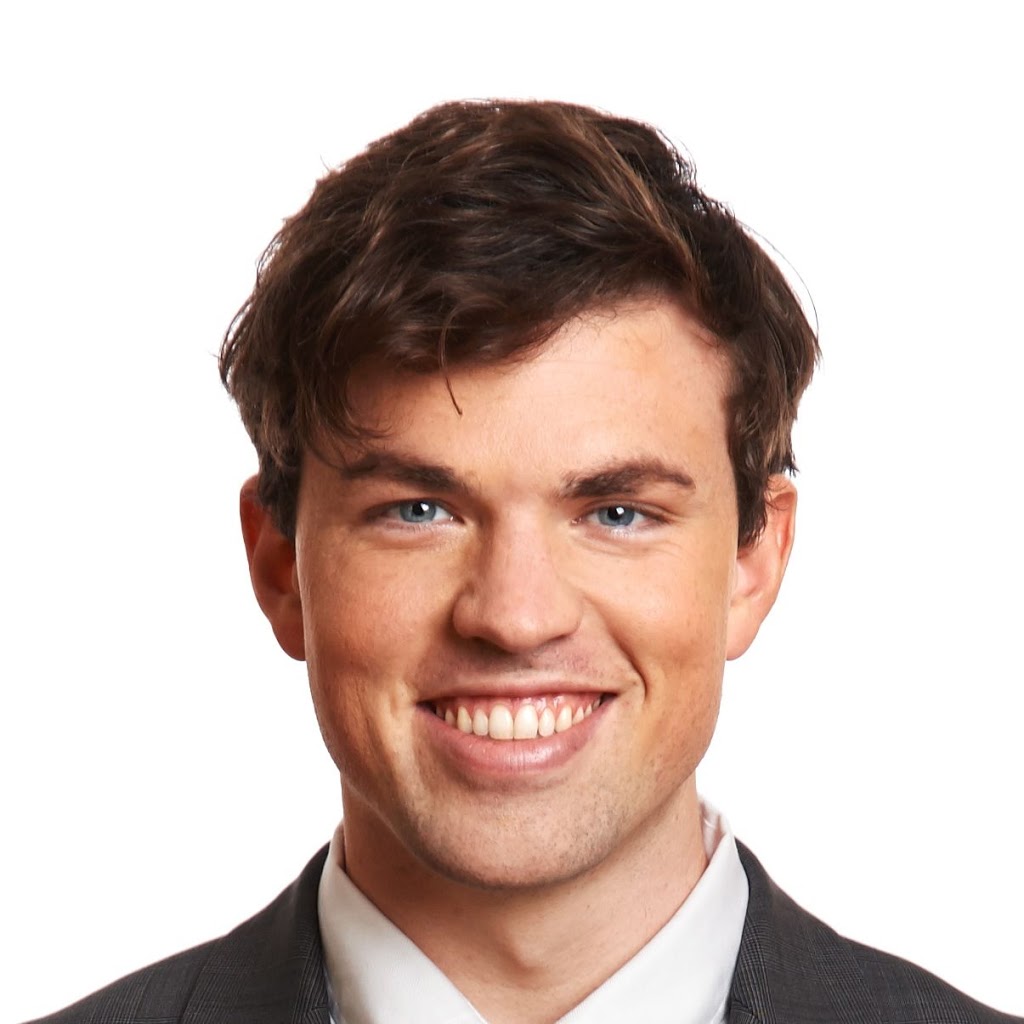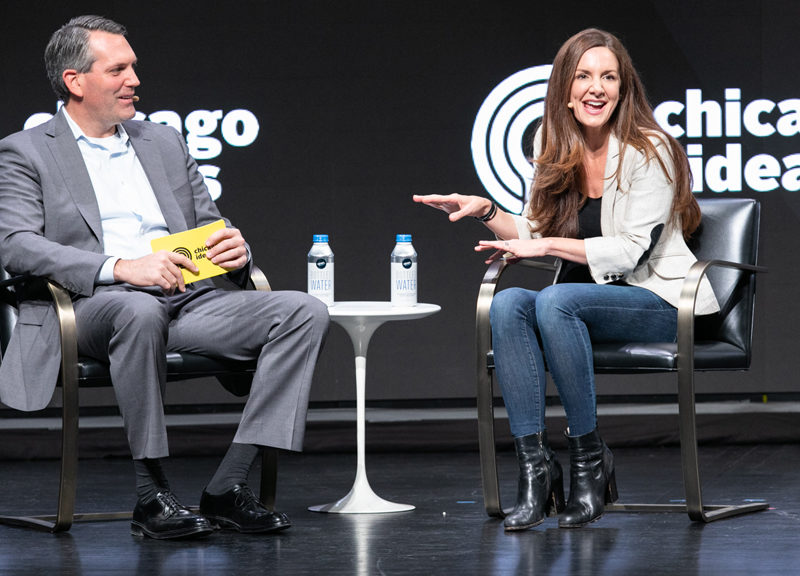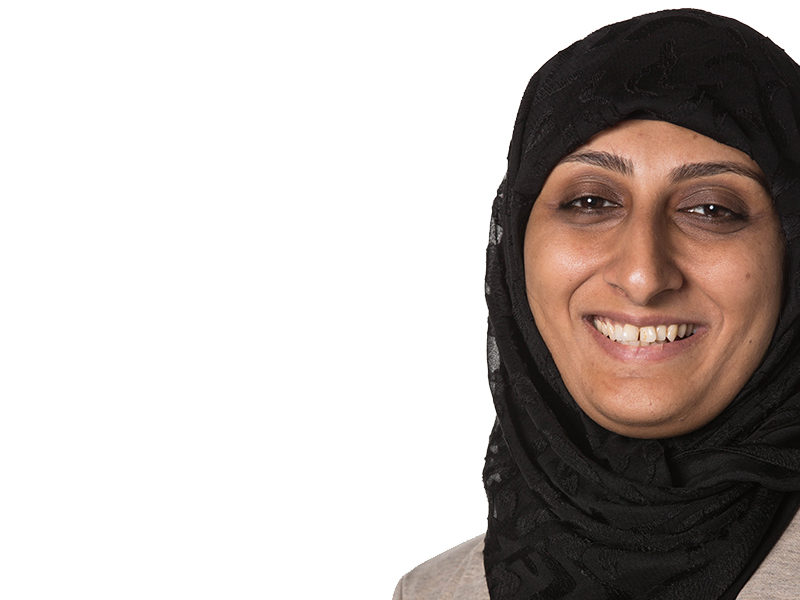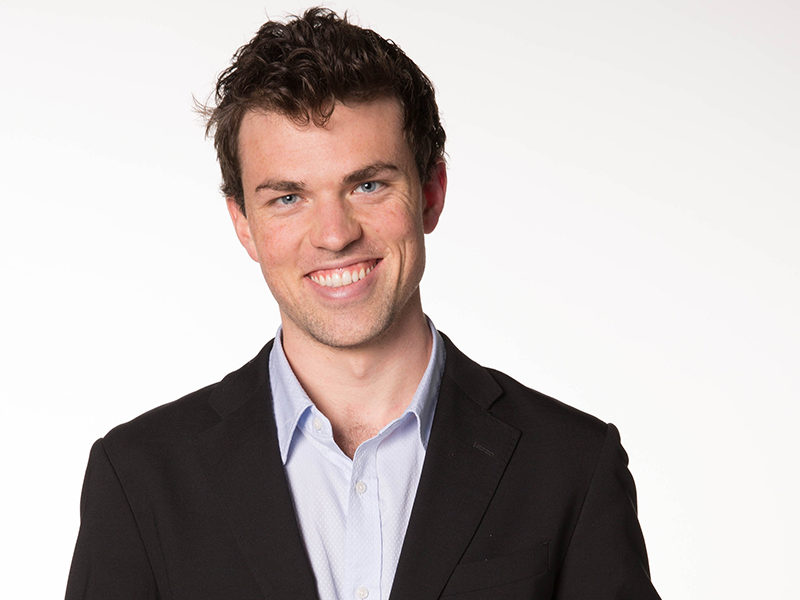
Introducing the 2014 BHSI Fellows: Moneythink’s Ted Gonder
Moneythink started as a financial education club at the University of Chicago. But the group of U of C underclassman—including 2014 BHSI Fellow Ted Gonder—saw greater potential in the club, especially in the wake of the 2007 recession, and they worked to build the organization into a hub of educational resources that provides mentorship and financial education to high school students across 10 states and expanded to include platforms like the recently-launched social media-based financial app. We talked to Gonder about how he turned the financial lessons he learned as a high school student into lessons for others.
What were your goals for Moneythink at the outset? Did you have an idea of how big it would grow?
When we first started, we had two thoughts. One was that we really wanted to bring this program to as many kids as possible in Chicago. Pretty early on, we also realized that because of our model that uses college volunteers, this program had the potential to spread to a lot of other communities across the country. Our thought was always let’s try to do a really great job here in Chicago and prove impact, and along the way test how well it can scale.
It’s especially impressive that you were able to be this forward-thinking about Moneythink given that at the time you were still only a first-year student at the University of Chicago. What aspects of your education played into that?
I had a tutor in high school that really helped me get my life on the right track. He kind of taught me to think about my life like an entrepreneurial venture, and my decisions as if they were investment in the future.
So, is it that type of entrepreneurial thinking you teach students in Moneythink?
We used a lot of that ideology to create our curriculum and recruit mentors that fit the archetype for who we thought could be inspiring to our students.
The other thing that really set me on this path is I had an economics teacher in high school, who spent half the year showing us how even though he was a teacher with a small salary through saving on everyday things, he and his wife were able to travel to Fiji and all these cool places…. He got me really interested in personal finance.
Your teaching and approach to financial education involves two different views. First, approach life like an entrepreneur and be willing to take risks. Second, practice frugal saving habits. How do you reconcile those in your teachings?
We think of it like offense and defense. Spending is like offense, and saving is like defense. Money is ultimately a tool to express your values. So you think first about what do I value? And what are my goals?
Are you directly teaching some of these ideas yourself? Do you still get into the classroom?
Being in the classroom has been a core part of how I stay in touch with the mission. When I was helping to start the organization in college, I mentored in the classroom as a Moneythink mentor as a part of the core program in the University of Chicago chapter. Now…I speak at a lot of schools. After speeches, I tend to stick around and chat with students for quite a while and get to know what’s on their mind, what their struggles are.
I love it. That’s one of my favorite parts of it.
Talk a little bit about the Moneythink app and the ways that it enables students to share positive financial decisions via pictures and other social media means. How do students react to the platform?
We have students who are actively making decisions, consciously, about their money and then reporting them through technology in a way that feels very natural to them. It doesn’t feel like homework.
What do you see as the future of Moneythink?
By 2030, we see every single young adult in the United States entering the real world with the tools, mentorship and support to navigate the most important financial decisions of their lives. That means, by 2020, we’ll be in over 500 high schools across the country, and serving over a million users through our technology.
What do you hope to gain from your experience as a BHSI Fellow?
Mentors have always been such a core part of my life, and Chicago is a city I’m really committed to. I’m really excited to connect with some of the mentors and really “friendtors”, as well, in the BHSI community—past winner, this year’s winner, people in the Chicago Ideas Week network. I’m just really eager to get to know awesome people and build great, thriving relationships.
Q&As are edited for clarity and length.
Mentors have always been such a core part of my life, and Chicago is a city I’m really committed to. I’m really excited to connect with some of the mentors and really “friendtors”, as well, in the BHSI community—past winner, this year’s winner, people in the Chicago Ideas Week network. I’m just really eager to get to know awesome people and build great, thriving relationships.
Q&As are edited for clarity and length.





